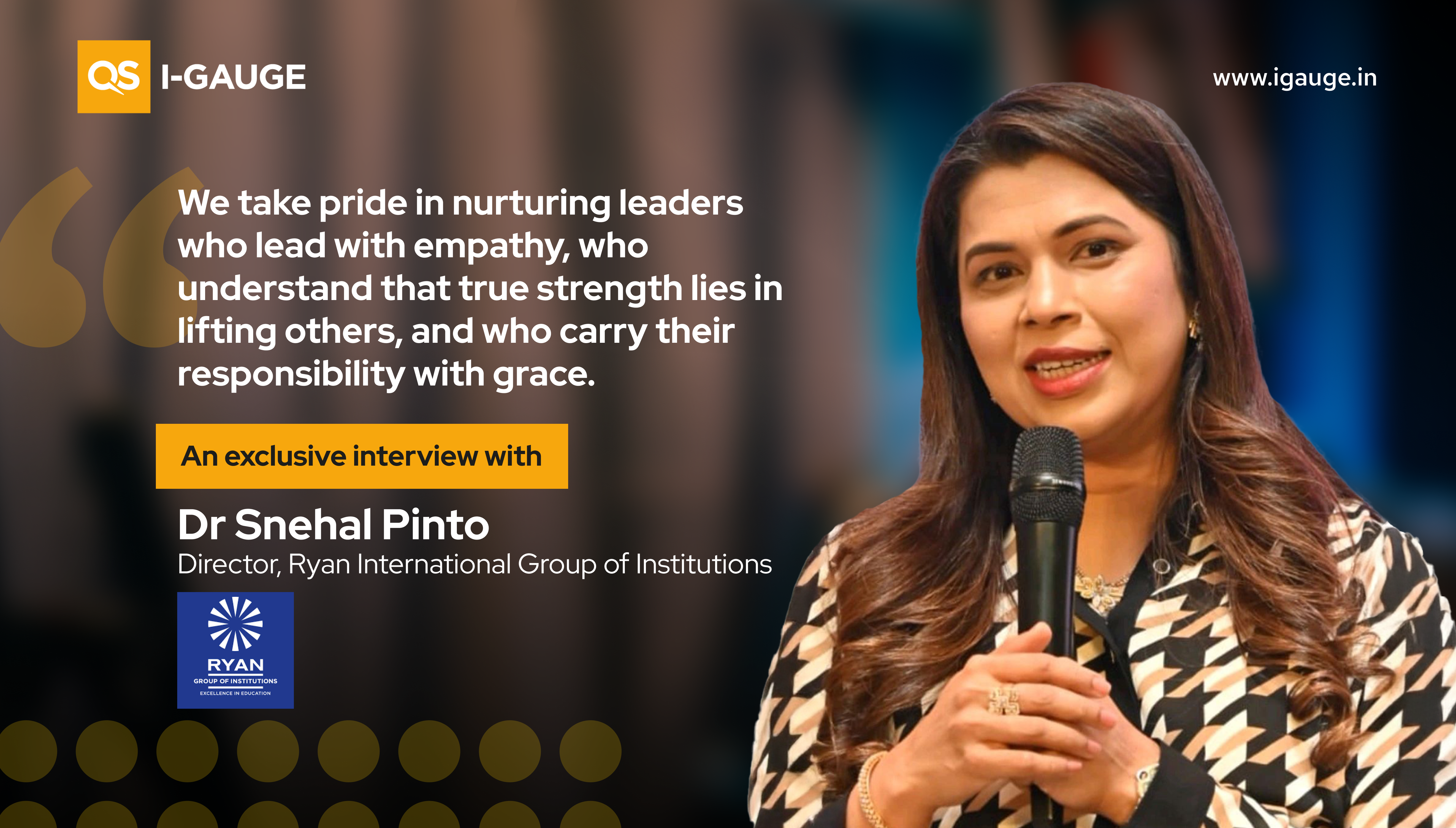
It’s not every day that a boy from a small village in Punjab to become one of India’s most admired cricketers and a commanding presence on the field-but Shubman Gill’s journey is exactly that.
Born in Fazilka in 1999, Shubman’s earliest cricket lessons weren’t in a stadium, but on a patch of farmland. His first coach was his father, who not only recognised his son’s potential but took a bold step, moving the entire family to Mohali so Shubman could access better coaching and facilities. That one decision changed everything.
Gill rose rapidly through the ranks-dominating Punjab’s Under-16 team, then making an impressive first-class debut in 2017. But it was the 2018 ICC Under-19 World Cup that marked his arrival on the global stage. As vice-captain of the Indian squad, he lit up the tournament, scored 372 runs, and was named Player of the Tournament. A career in the IPL soon followed—starting with Kolkata Knight Riders in 2018 and culminating in leading Gujarat Titans in 2024, after winning the Orange Cap in 2023.
But talent alone didn’t define his story.
Despite his early promise, Gill faced significant criticism, particularly during the early years of his Test career. Questions were raised about his ability to perform on foreign pitches and lead under pressure. His captaincy style was scrutinised, his form debated, and his leadership doubted. When he was appointed India’s Test captain, the noise grew louder. Was he ready?
Gill didn’t respond with statements. He responded with performance.
In the recent Anderson-Tendulkar Trophy Test series against England, Shubman began his test captaincy and silenced every critic by scoring 585 runs in two matches, including three centuries at Edgbaston—becoming only the second player in Test history to score over 150 in both innings of a match and shot him to No. 6 in the ICC Test Batting Rankings-his career best. Appointed captain in May 2025 after the retirements of Rohit Sharma and Virat Kohli, he is the fifth-youngest to lead India in Tests. His calm leadership, praised by legends like Nasser Hussain and Gary Kirsten, has been backed by bold decisions and technical growth.
This isn’t just a cricketing milestone. It is a masterclass in resilience, focus, and emotional strength.
A note to parents: The power of early support
Behind every young achiever is often a parent who believes before the world does. In Gill’s case, it was his father who reoriented the family’s life around his son’s dream—providing the space, the structure, and the steady encouragement that helped him grow.
Parents don’t need to push. But they do need to observe closely, support quietly, and create environments where their children can explore their passions—be it sports, science, music, or art. Gill’s story is a reminder that early belief can be transformative.
What educators and institutions can take away?
Gill’s story goes far beyond cricket. It offers actionable lessons for educators striving to help students grow-not just academically, but as confident, resilient individuals.
1. Embrace criticism as a growth tool
Teach students to see feedback not as failure, but as fuel for growth. Workshops on emotional intelligence, reflection, and grit can help shift mindsets.
2. Reward consistency, not just peaks
Celebrate steady progress, not just top marks. Gill’s career proves that sustained effort over time often leads to breakthroughs.
3. Model leadership through action
True leadership doesn’t shout—it shows. Offer students opportunities to lead projects, solve problems, and learn from setbacks.
4. Prioritise adaptability and resilience
Just like Gill adapted to different conditions, students must learn to navigate change. Life skills, critical thinking, and failure-friendly classrooms are key.
5. Support individual passions
Whether it’s sports or robotics, give students the space and encouragement to pursue what lights them up. Passion drives persistence.
6. Encourage humility and teamwork
Gill’s grounded nature, even in success, is something to look up to. Promote peer mentoring, collaborative projects, and community involvement to nurture these traits.
Final Thoughts
Shubman Gill’s transformation from a young boy practicing on farmland to one of India’s most dependable cricketers—isn’t just inspiring. It offers valuable insights. For parents, his journey reinforces the importance of early support, quiet belief, and long-term perspective. For educators, it’s a reminder to build learning environments that champion resilience, foster adaptability, and reward consistent effort. And for students, Gill’s story is a beacon: You don’t have to respond to criticism with noise. Let your work speak. Let your growth shine. That’s where real success begins.



